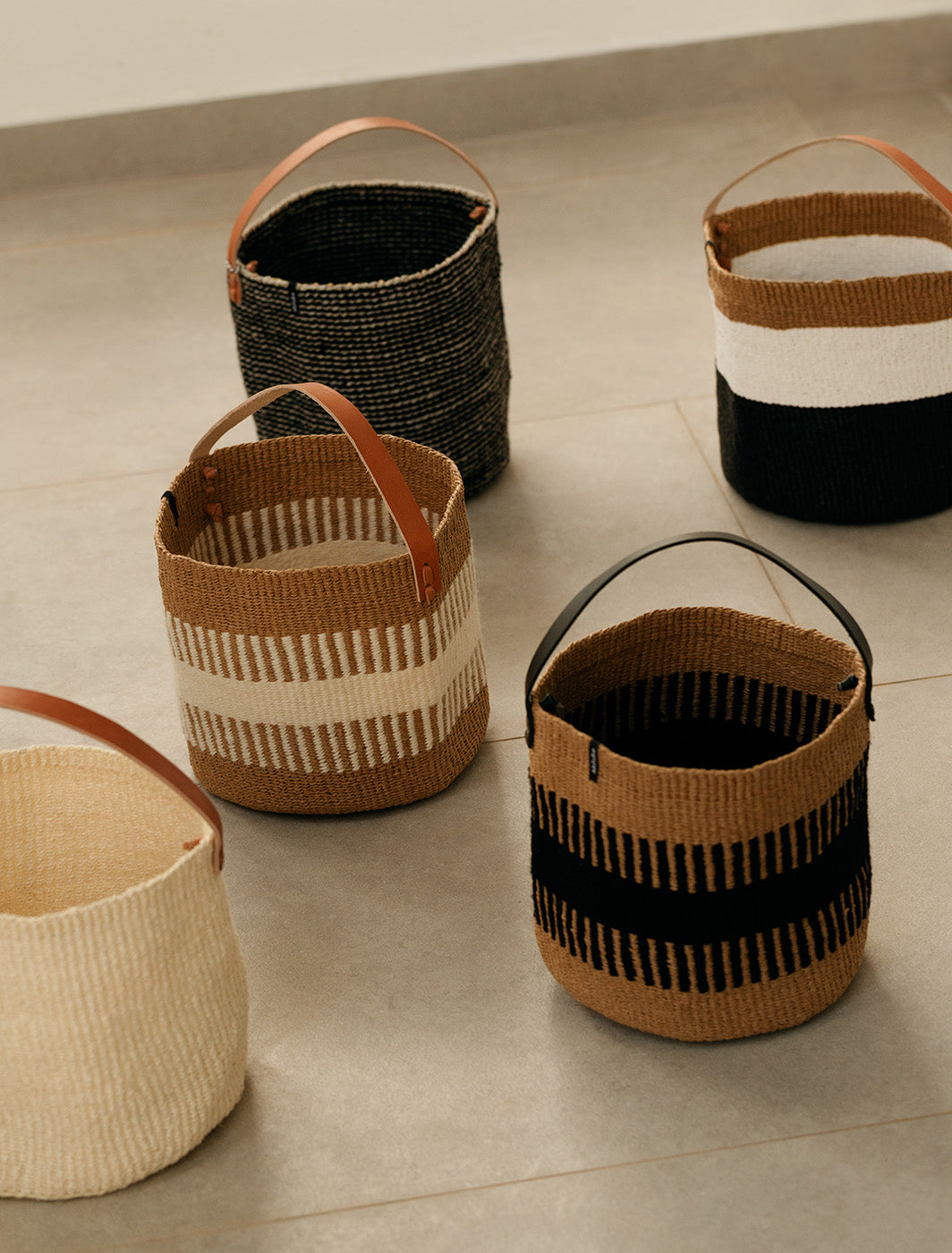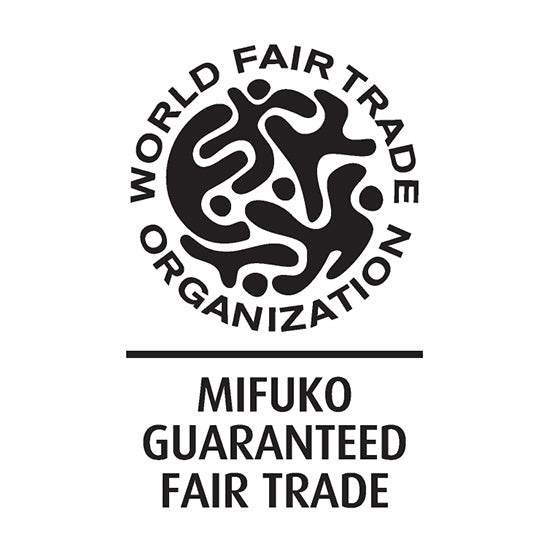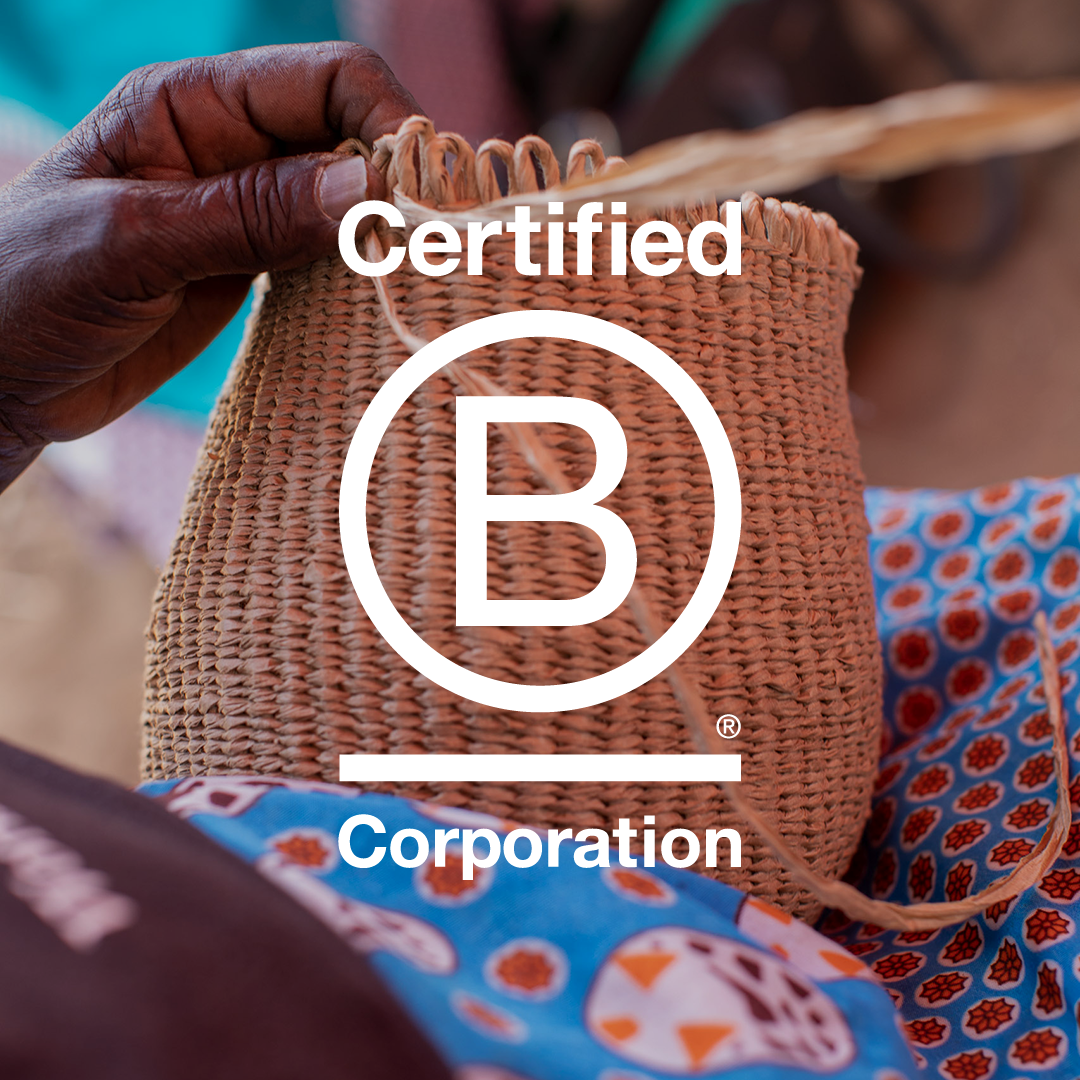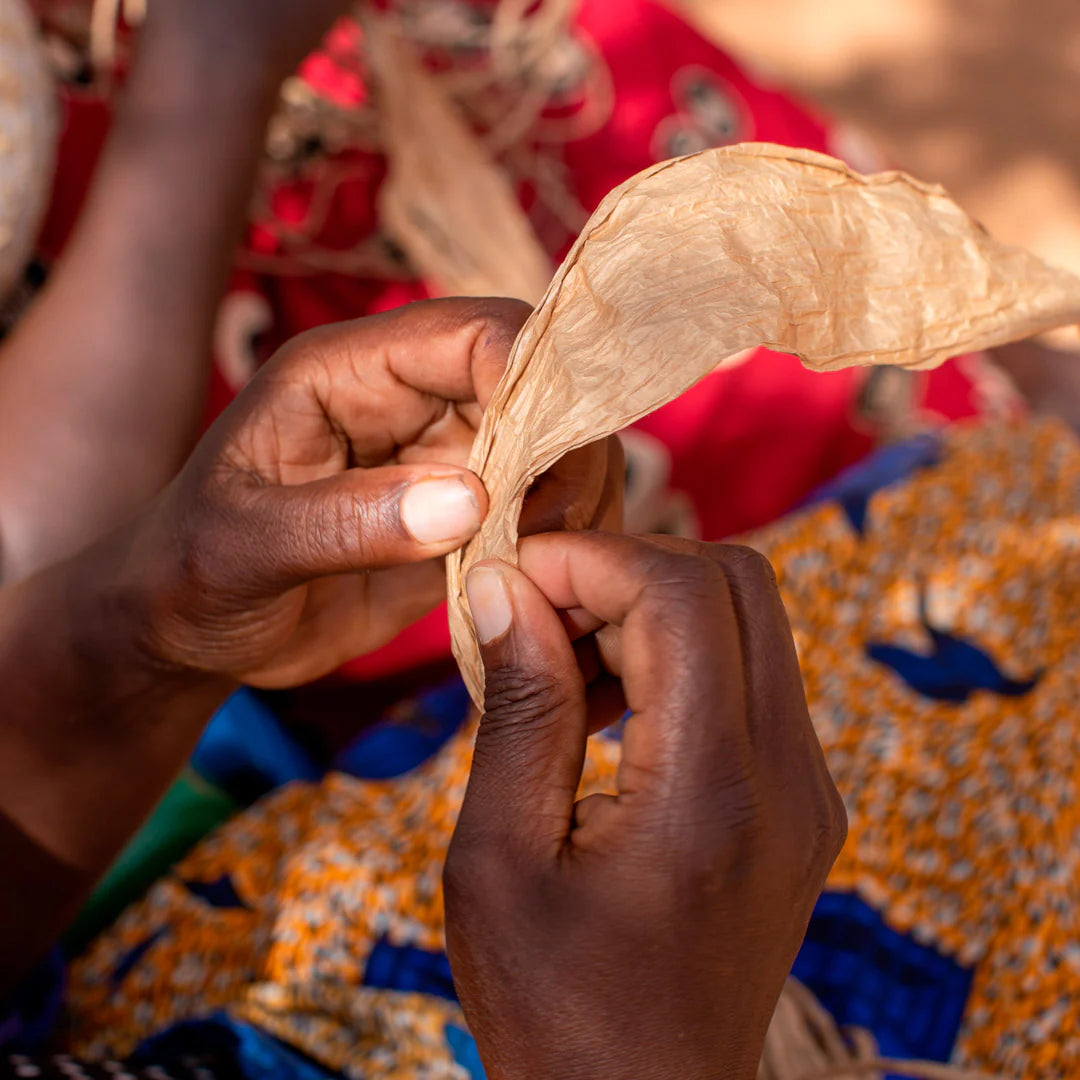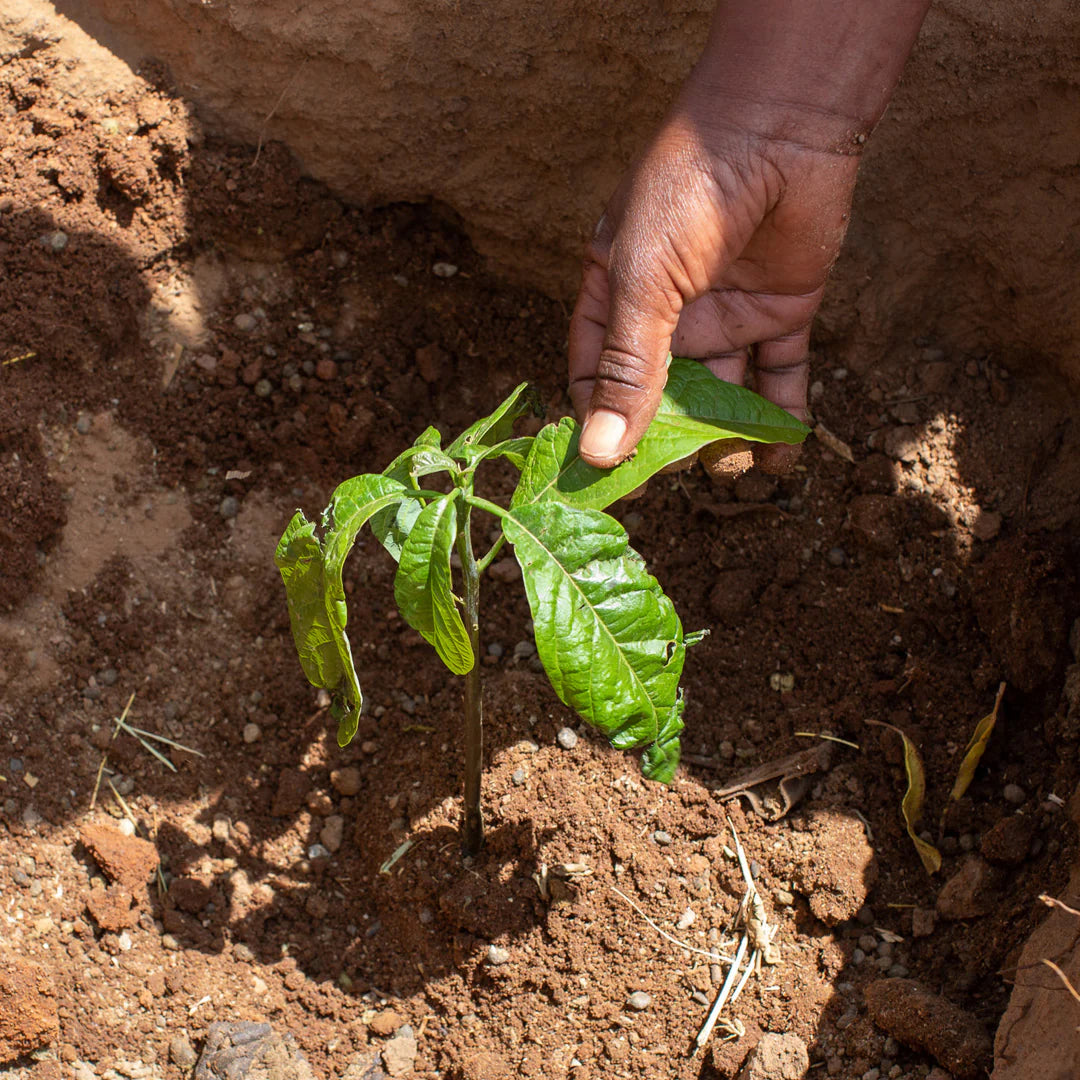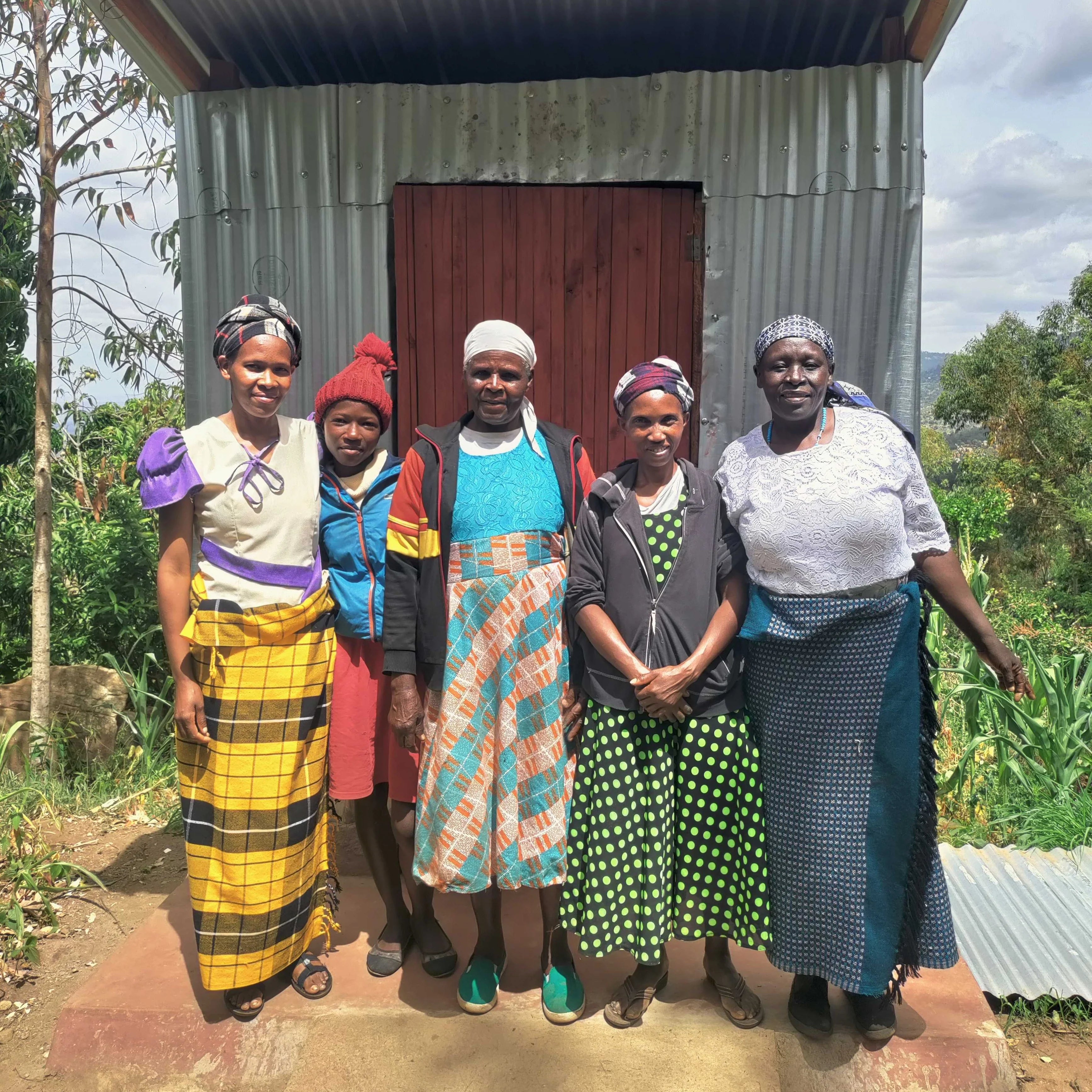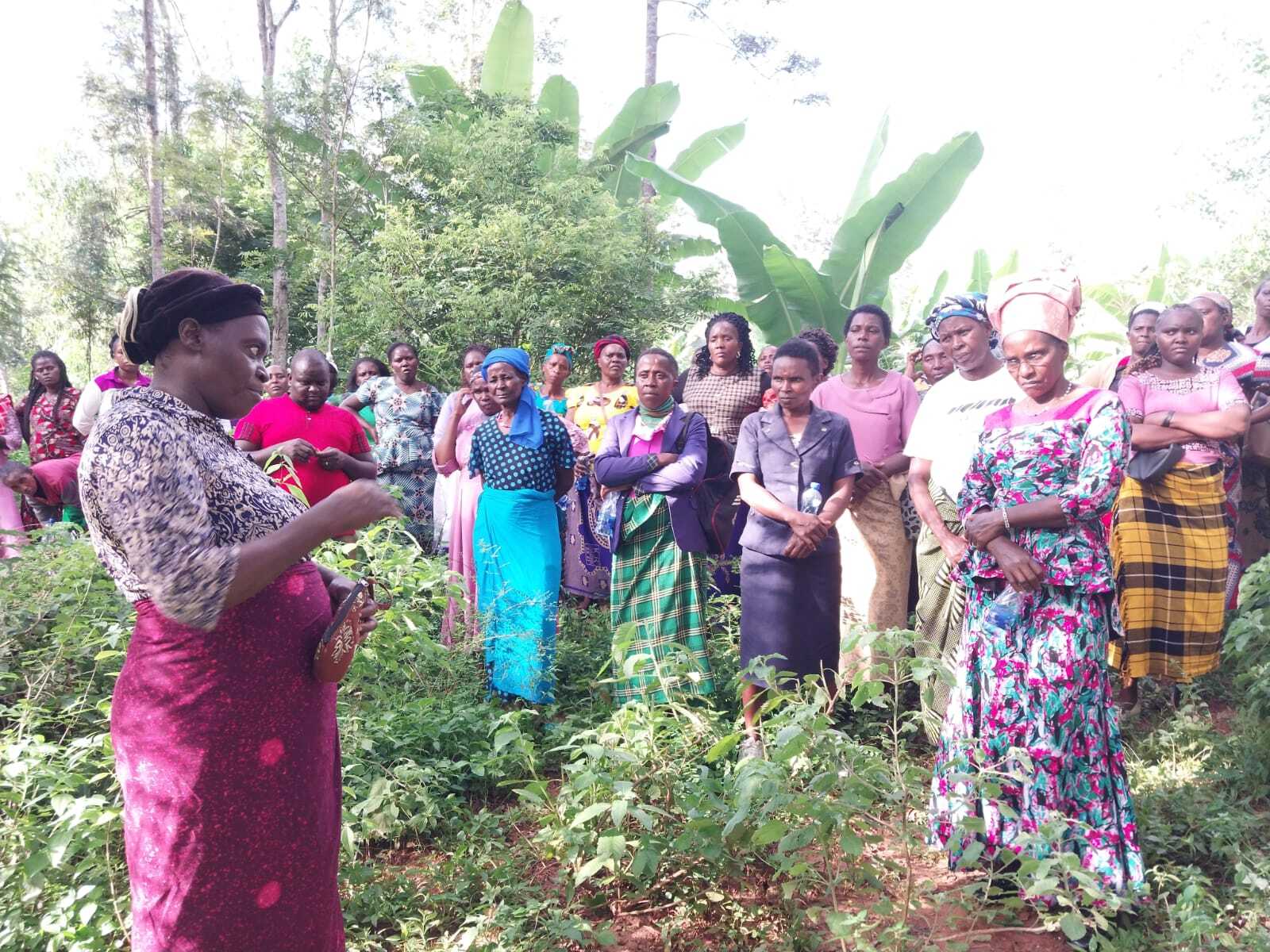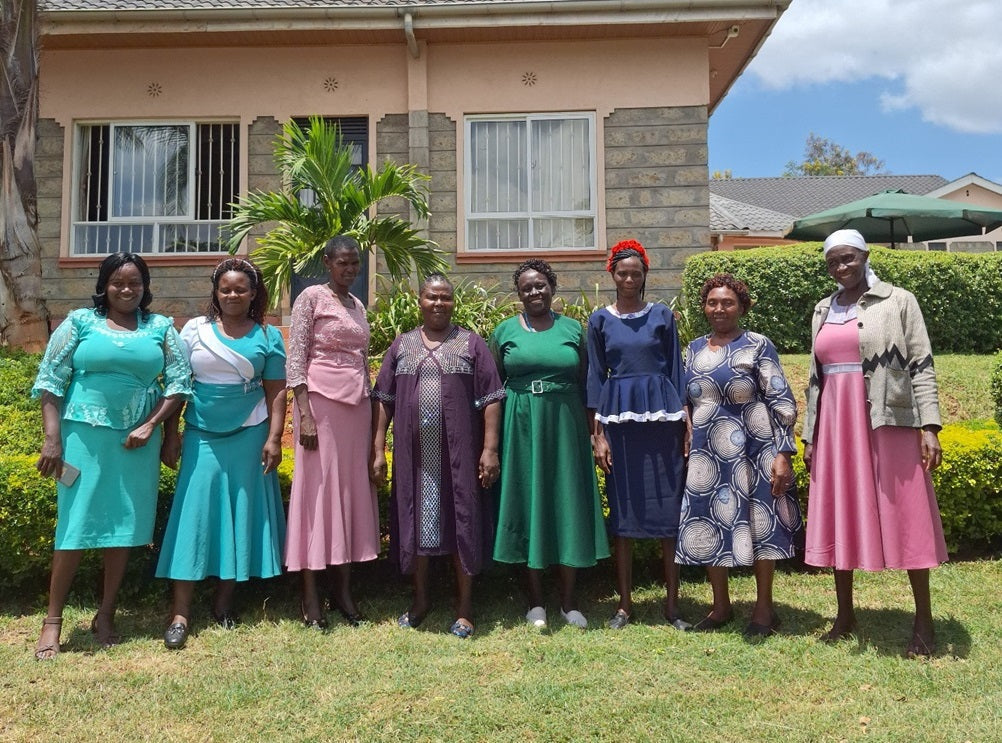As part of our recently finalized first phase of WASH and Grow! project, we worked on improving menstrual hygiene by organizing 30 training sessions in Makueni, Kenya. The biggest challenges are the social stigma of periods, the costs and availability of menstrual products, and its effects on the schooling of young girls.
---
Disposable period pads are commonly used in Mifuko Trust’s project area in Makueni. Previously, the government provided free pads to school-aged girls and young women, but this support ended in 2022 due to the change of the government, leaving families responsible for these costs. If families can't afford to buy menstrual products for the girls, they might not go to school during their periods, which impacts their education negatively.

For low-income families, the cost of period pads can be a significant financial challenge. For instance, a weekly budget for basic necessities is around 500 Kenyan shillings, while a pack of period pads costs about 70 shillings. This expense can strain a family’s budget, especially if there are multiple girls in the household.
To improve the availability of menstrual products, Mifuko Trust has trained 40 women in sewing reusable period pads. These washable pads are a cost-effective and environmentally friendly alternative to disposable ones, improving access to menstrual hygiene products and also empowering women economically by providing new entrepreneurial opportunities.
The Need for Open Discussion

Menstruation remains a taboo topic in many communities, with limited discussion among family and friends. Four women aged 18-21 who had attended our training session revealed they had not received information about menstruation from their parents. Instead, they learned about it from older siblings or cousins. This intergenerational lack of communication also poses a challenge on learning about proper menstrual hygiene practices. Through participation in training sessions, the young women learned a lot of valuable information, such as the importance of changing pads multiple times a day and the hormonal effects of menstruation.
The training and discussion sessions on menstrual hygiene have encouraged more open conversations, aiming to normalize menstruation and reduce the associated stigma. Women have been pleased to see men participating in the training sessions, as they learn how to support women and girls.
On May 28th, we celebrate International Menstrual Hygiene Day. In the spirit of the day, our project workers in Makueni, Peter Manyolo and Jacinta Peter, will visit a local to distribute knowledge on the topic and also reusable pads made by the women trained by our project.
By breaking down stigmas and improving access to menstrual hygiene products, we aim to create lasting change in communities, empowering women and ensuring girls can continue their education without interruption.

